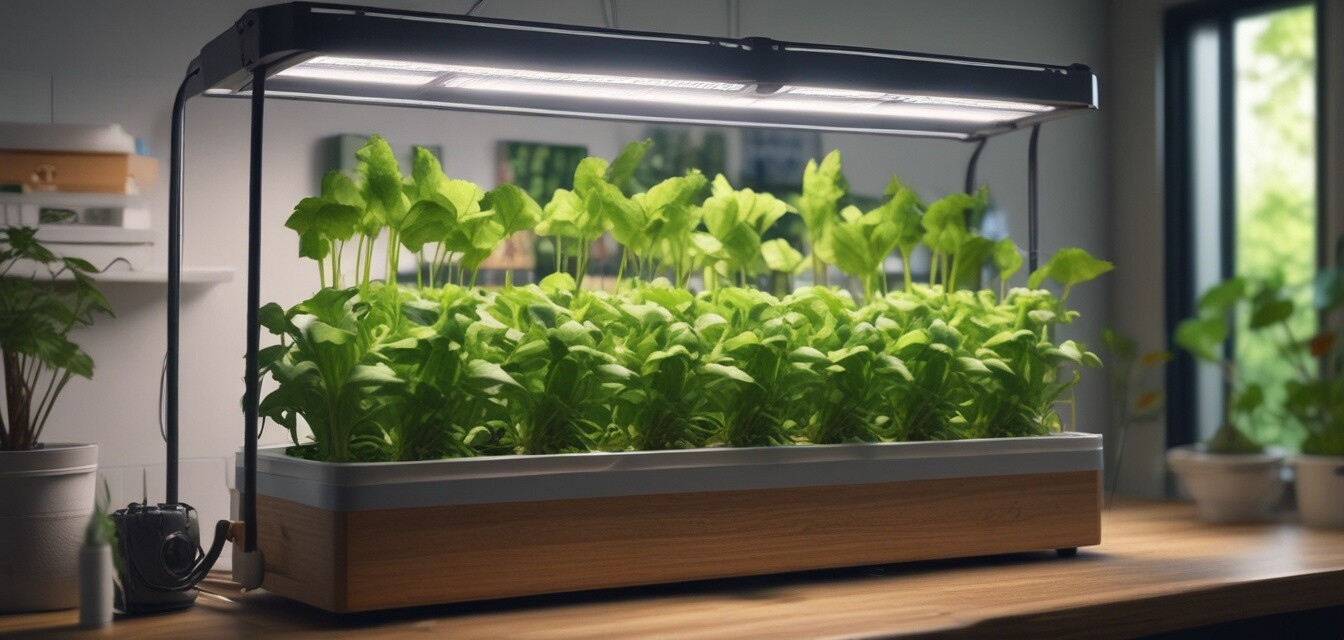
Hydroponic Gardening for Kids: Fun and Educational
Key Takeaways
- Hydroponics is a great way for kids to learn about gardening without soil.
- Simple DIY projects can teach kids about plant biology and sustainability.
- Engaging activities can enhance children's understanding of nutrient cycles and environmental responsibility.
- Hydroponic gardens can help kids explore different plant species and growing conditions.
Hydroponic gardening offers an incredible opportunity for kids to get hands-on with nature while learning valuable scientific concepts. Through engaging projects, children can explore topics such as plant biology, sustainability, and responsibility for the environment. In this article, we will explore fun and educational hydroponic gardening activities that both entertain and educate your young ones.
Why Hydroponics?
Hydroponics is a method of growing plants using a nutrient-rich water solution, eliminating the need for soil. This innovative approach is particularly suitable for kids because it is clean, simple, and allows for stunning visual results. Some benefits of involving kids in hydroponic gardening include:
- Hands-on learning experiences.
- Immediate results that can be exciting to observe.
- Promotion of environmental awareness and sustainability.
- Opportunity to understand the science of plant growth.
Simple DIY Hydroponic Projects for Kids
Below are some easy-to-follow projects designed to introduce children to hydroponic gardening:
1. The classic cup hydroponic system
This project uses simple materials you already have at home, allowing kids to create their own mini hydroponic garden.
| Materials | Steps |
|---|---|
|
|
2. DIY Vertical Garden
A vertical hydroponic garden is an exciting way to save space and grow a variety of plants. Here’s how you can make one:
| Materials | Steps |
|---|---|
|
|
3. Floating Hydroponic Garden
This project allows children to observe how plants can grow without traditional soil, providing excellent learning opportunities:
| Materials | Steps |
|---|---|
|
|
Learning Opportunities
Through these projects, kids can experience several educational benefits:
- Biology: Understanding how plants grow and what they need.
- Environmental Science: Exploring sustainability and the importance of water conservation.
- Engineering: Learning about the design of hydroponic systems and how they function.
- Math: Measuring nutrient solutions and monitoring growth progress.
Additional Resources
To further enhance learning, consider exploring the following helpful resources on our site:
- Buying guides for hydroponic gardening materials.
- Variety of hydroponic systems suitable for kids.
- Information on the best growing media for children’s projects.
Key Takeaway
Introducing children to hydroponic gardening through hands-on projects is not only fun but also fosters a love for science and sustainability. As they nurture their plants, kids develop skills such as responsibility, critical thinking, and creativity that will last a lifetime.
Tips for Parents
- Encourage kids to keep a garden journal to track their observations.
- Discuss plant biology and the lifecycle of plants regularly.
- Highlight the importance of environmental stewardship.
- Make it a fun family activity by involving everyone in the gardening process.

